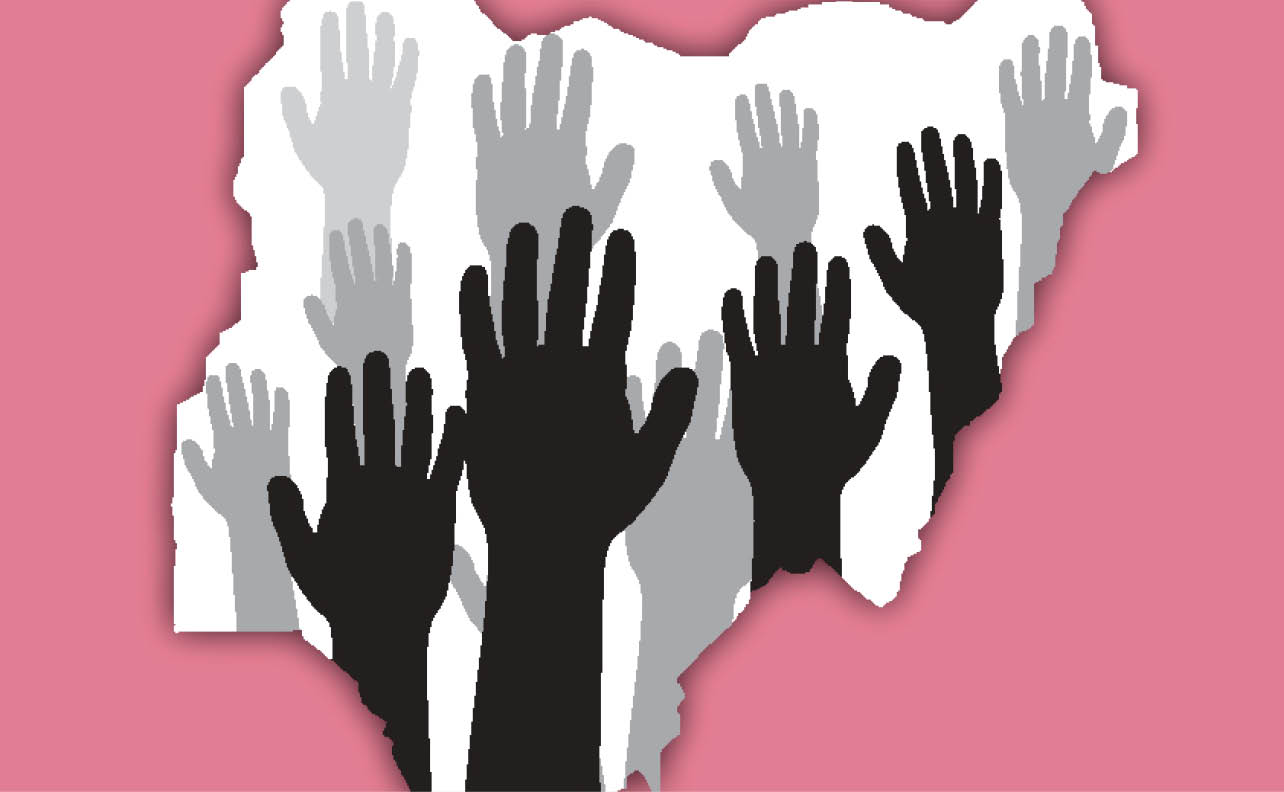Ah! We in Naija are used to it
No one wrote with as much acuity and as much frustrated love for Nigeria as my brother-friend, the late Prof. Pius Adesanmi. His op-ed “The Parable of the Shower Head” captures the “manage-am-like-that” attitude of our people. In it, he talks about calling maintenance to check out the shower head in the room of his […]

No one wrote with as much acuity and as much frustrated love for Nigeria as my brother-friend, the late Prof. Pius Adesanmi. His op-ed “The Parable of the Shower Head” captures the “manage-am-like-that” attitude of our people. In it, he talks about calling maintenance to check out the shower head in the room of his five-star hotel in Abuja. The technician comes up in record time, takes a look at the problem and declares it a non-issue: that the shower head is functioning at all should be all that matters, not that it isn’t working like it ought to. Adesanmi makes the connection between that and the culture of mediocrity that has become so normalised that one could swear it is in our DNA. I was reminded of that article in the past week while I was in Nigeria. Its fingerprints are everywhere, and when you complain, folks say it’s because you’ve come from abroad: “Ah, we in Naija, we are used to it.”
Power cuts every five minutes, luxury hotel towels faded and raggedy, indolent and unenthusiastic staff who take half an hour to bring drinks from the restaurant to the room. In all matters big and small, most people seem resigned to managing am. “Ah: We in Naija, we are used to it.”
I don’t blame citizens who are forced to find ways of dealing with the stress it takes to survive our beloved country, especially if you’re not part of the crazily-moneyed, multiple-privileged class, and for whom “managing am” is how to do so. But it is a tragedy when they also allow it to kill their own personal businesses.
That was how I ordered a dress from one Nigerian entrepreneur on Instagram and bags from another. Two young women with lots of beautiful pictures on their pages, and all so reasonably priced. Their comments were full of praises from customers (I have my suspicions about those customers now) and they presented as serious, so I felt confident placing orders. The dress that arrived was nothing like the picture of it. It was the shadow of the idea the “designer” tried to execute. The fabric looked cheap, the dress too baggy and too long, nothing about it worked. So, I contacted the dressmaker, who suggested that perhaps I hadn’t tied the belt well. I didn’t even bother to respond. The bags I ordered from the other were so poorly made that you could pry the bottom off one of them. The accompanying wallets were like things a child had cut and stitched together. I contacted her, and yes, she was apologetic and offered to replace the worst of the lot (no thanks), but she should never have sent such work out in the first place. How are you tagging your name to such shoddily made products and mailing them to a customer you hope to keep? Would I give these artisans another chance? No. Fool me once and all that. I no manage am.
- Building collapse: ABU VC urges collective action against quackery
- Windstorms render 4,976 Yobe households homeless
We should, we must push back against a culture that tells us to settle for less because it has deeper implications than just personal inconvenience. It fosters a sense of complacency and resignation among the citizens. We shouldn’t be “managing-am” when the government reneges on its duty to us as its citizens with little to no accountability. There is nothing noble about letting our leaders off the hook while we suffer the consequences. Good governance isn’t a luxury, it’s a right that we should demand and expect.
This is a call to action for my fellow Naija citizens to not just manage, but to demand and strive for excellence in every facet of life. This shift in mindset is not just about improving personal experiences and not undermining your own business, but about building a nation that lives up to its potential, a nation where the “manage-am” culture is replaced by a relentless pursuit of the best in everything.
To those who despite everything continue to love Nigeria, who continue to believe in its potential to be great, who continue to fight for it in whatever way or form; to the activists, the complainers, the believers, the doers: Yes, we can.
